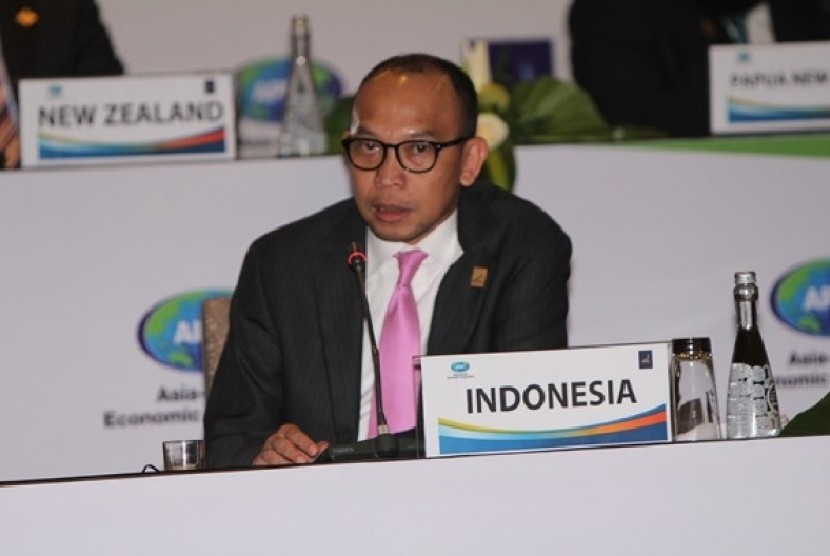REPUBLIKA, NUSA DUA -- Getting clearances for acquiring land is the main problem for infrastructure development in Indonesia, Finance Minister Chatib Basri said at a seminar here on Thursday.
"Getting clearances for acquiring land, not finance is the main problem here. Several investors are willing to invest, but they find it difficult to acquire the land they need," Chatib added.
Chatib highlighted the importance of infrastructure development to save Indonesia from the 'middle-income trap.' However, the minister acknowledged that efforts to avoid the middle-income trap are part of a long-term process.
Earlier, Asian Development Bank economist Changyong Rhee pointed out that Indonesia would have to implement structural reforms if it wants to become an advanced nation with high income per capita and avoid falling into the middle-income trap.
Among the structural reforms suggested by Chongyang were an improvement in infrastructure facilities, a strengthening of government and institutional management, boosting investments, development that created more jobs and greater access to education.
"Indonesia's economy has grown rapidly in the past few years. Its next challenge is to push growth higher so that it can become an advanced country with high income per capita," Changyong added.
Efforts must be taken so that the manufacturing, services and agriculture sectors improve and create more jobs to reduce poverty and inequality, he pointed out.
"These efforts will require adequate infrastructure, good governance and investments in education," he said.
According to Changyong, currently, Indonesia is a developing country with average income and its present course of development is unlikely to turn it into an advanced economy.
He noted that Indonesia's economy would not be able to compete with other high income per capita countries, since it did not have the required human resources, technology or infrastructure.
"Many Asian and Latin American countries face the same risk of falling into a middle-income trap. Indonesia is no exception," he added.
Changyong said that Indonesia, which recorded a growth rate of 5.9 percent in the past five years, still needs to tackle other challenges, such as low investment and manufacturing growth.
"The challenges continue, even though Indonesia has regained its investment grade status and poverty and unemployment rates have declined," he remarked.


